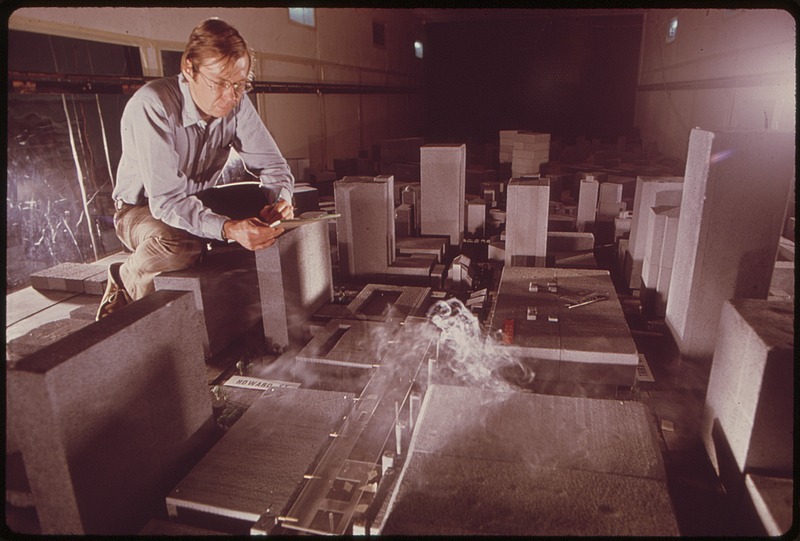I’m wary of demographic predictions but the premise of Nate Berg’s new piece at the Atlantic, that the world’s least livable cities are growing the fastest, is really solid. What can these emerging but impoverished places learn from tidy, healthy metropolises like Vancouver and Melbourne? Not much, perhaps. An excerpt:
that roughly 90 percent of the urbanization underway globally is taking place in developing cities like Dhaka and Lagos and in developing countries like Zimbabwe and Papua New Guinea. And between 2009 and 2050, the number of urban dwellers in these developing countries is expected to more than double, to 5.2 billion, according to the World Health Organization. That puts nearly 75 percent of the world’s expected 7 billion urbanites in cities in the developing world.
While Melbourne and Vienna and Vancouver will most certainly continue to grow and evolve, they won’t be undergoing the same speed and intensity of urbanization as cities in the developing world. And as these dramatically changing cities deal with these urban shifts in a very short time span, it is with an equally swift pace that they’ll be rewriting what it means to be a city in the world. The urbanity of London, gradually spreading over centuries, is being overshadowed by the instant skyscraper forests of burgeoning megacities in China and the massively dense urban cores of Dhaka and Lagos. The London model isn’t going anywhere, but the majority of the next major cities will develop more like Shenzhen or Kabul.”
Tags: Nate Berg

